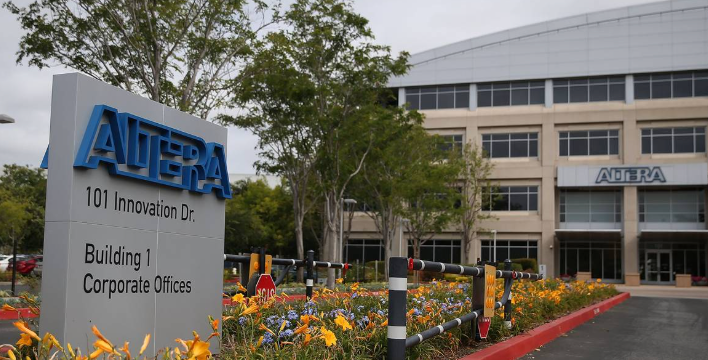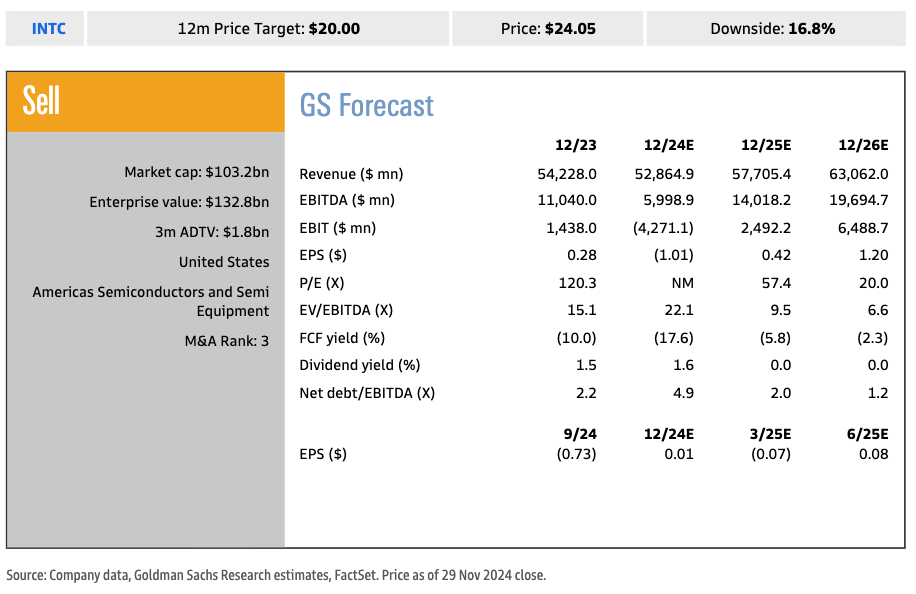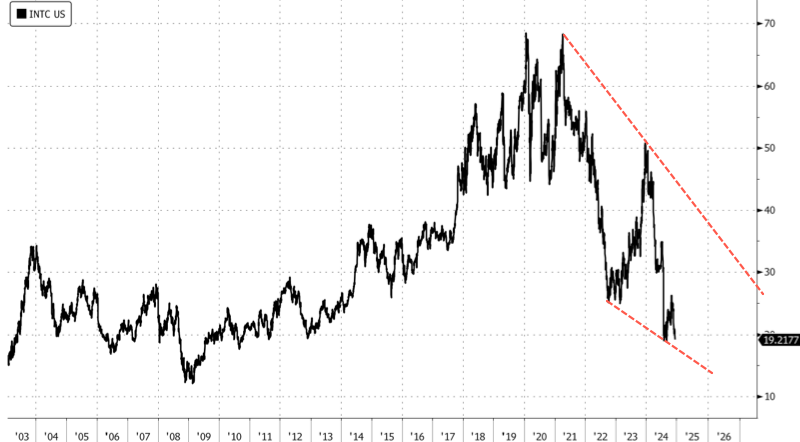About a month after Bloomberg reported that Lattice Semiconductor had offered to purchase Intel's Altera, the financial media outlet revealed that several private equity firms had also entered the bidding game for the company, which specializes in designing low-power programmable chips.
Sources told Bloomberg that Francisco Partners and Silver Lake Management have joined Lattice in a second bidding round for Altera. Additionally, Apollo Global Management and Bain Capital are considered potential suitors.
The people said Lattice and the PE firms have until the end of January to formalize their offers, adding other PE firms could enter the mix, or the process could end with no sale.
More from Bloomberg:
After calling for initial bids prior to the US Thanksgiving holiday in November, Intel has been presented with deal- structure options that range from acquiring a 20% to 30% stake to taking full control of Altera, the people said. Some parties have outlined multiple paths in their proposals, which value the unit at as little as $9 billion to more than $12 billion, according to the people. Intel paid roughly $17 billion to acquire Altera in 2015.
Intel reiterated in October that a stake in Altera was for sale before pursuing an initial public offering of the unit. This is part of a much broader turnaround plan for the struggling chip giant.
Intel CEO David Zinsner, named interim co-CEO alongside Michelle Johnston Holthaus earlier this month, told investors at an industry conference that the chipmaker "kicked off" the process to engage with outside investors.
"Our thinking is we'll get another partner in similar to what we did with the IMS business," Zinsner said at the Barclays Global Technology Conference last week.
Separately, Goldman analysts Toshiya Hari and Anmol Makkar recently told clients Intel was a "Sell" and "we have yet to pick up evidence that would indicate Intel has turned the corner."
Hari's 12-month price target was unchanged at $20 a share:
"This is based on 14x our normalized EPS estimate of $1.45. Upside risks to our estimates and our cautious investment thesis include: 1) stronger-than-expected PC/server demand; 2) better execution on process node transitions and, as a result, higher market share than we assume in our base case; 3) business portfolio optimization, 4) early/significant success in foundry, 5) timing/magnitude of government incentives related to the on-shoring of semiconductor manufacturing and 6) better than expected traction in AI acceleration."
Shares are down 62% on the year, trading around 2013 levels.
Intel is positioned to continue the turnaround plan's "next phase of transformation" in 2025.



No comments:
Post a Comment
Note: Only a member of this blog may post a comment.